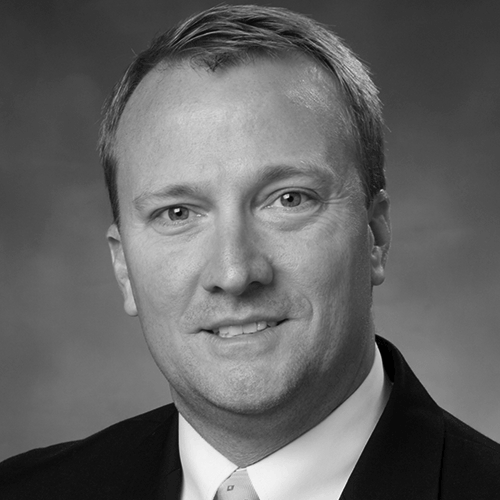
Brian Shepard
Have you ever wondered how patients in need of a transplant are selected to receive one?
The process is a little more complicated than just standing in line. A national computerized network uses a set of medical and logistical factors to match donated organs with transplant candidates in ways that save as many lives as possible.
Unfortunately, there simply are not enough donated organs to altogether do away with transplant waiting lists, which is why transplant matching must be as fair as possible and influenced only by the most objective factors. Personal or social characteristics, such as celebrity status and income, play no role in determining transplant priority for patients on the waiting list.
Factors that do affect transplant priority include blood type, medical urgency, survival benefit, donor/recipient compatibility, pediatric status, and distance from the donor hospital, to ensure the amount of time organs must be preserved between recovery and transplant is minimized.
Non-uniform boundaries established between donor and transplant hospitals were less of a factor when the current distribution policy was developed in the 1980s because there were fewer patients in need. Over time, however, different patterns in organ donations and the concentration of transplant hospitals changed patients’ chances of receiving a transplant based on the region of the country in which they lived.
Making the system fair
The United Network for Organ Sharing serves as the nation’s transplant system under a contract with the federal government. In this role, we are currently replacing these outdated transplant maps with a simple measure of distance from the donor hospital to transplant hospitals using a series of circles around the donor hospital. These new policies treat equally sick patients the same, regardless of where they live or wish to seek a transplant.
These changes mean the system will place more emphasis on finding the patient with the greatest need and will lead to fewer people dying on the waiting list.
Every successful match restores one more patient to their family, their community, and their workplace. The generosity of each donor touches lives across our country.
Brian Shepard, CEO, United Network for Organ Sharing, [email protected]

